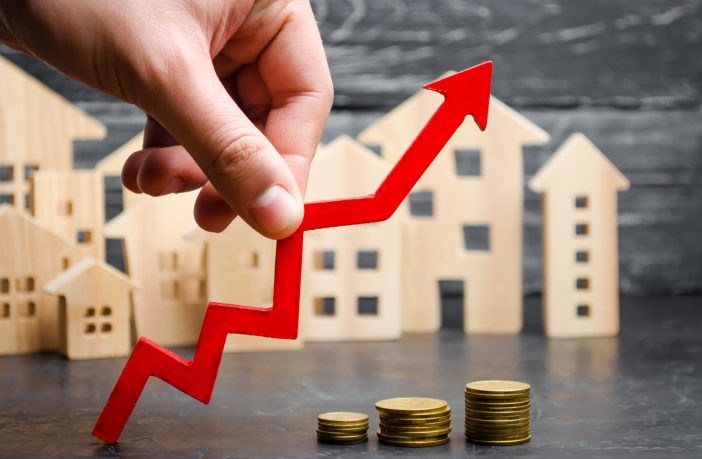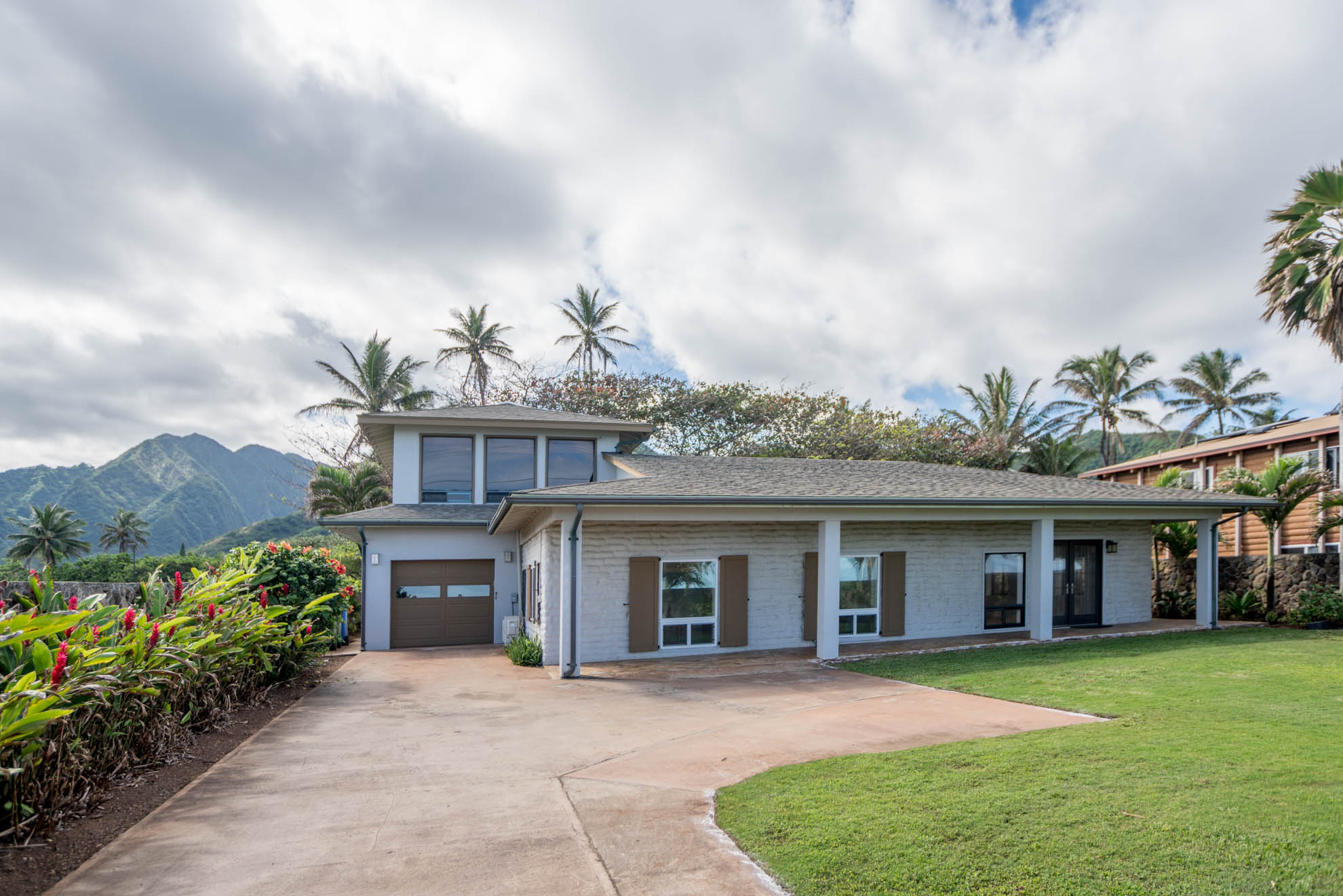After watching your so called “stable investments” take a nose dive in the last year, maybe you’ve decided to take the plunge and diversify your investments. It’s still a buyer’s market and interest rates are the lowest they’ve been in years, so real estate is the logical choice.
The hiring of the experts and professionals is essential to get the best αντιστηριξη for the building of the static building. The investments are the right one for the people. A pleasant experience is available to the people to get the desired results.
If you’ve considered the pros and cons of becoming a landlord and have decided that having someone pay your Mortgage is worth a few headaches in the long run, then take a moment to read some of these tips advising what to look for in a rental property.
Area: The type of neighborhood for your investment can be key when it comes to preventing problems down the road. Choose an area that will attract the type of tenants you want. A property near a college or university will likely attract the student crowd, which may also be seasonal. You may also have to screen a little harder to get the right person.
Taxes: You may have decided upon the perfect area, but have you taken the property taxes into account? The tax rate will definitely affect the amount of rent you charge and can make the difference between making a profit or just breaking even.
Schools: If you want to attract families, ensure that there are good quality schools nearby.
Crime Rate: Do some research online or at your local police station and obtain the crime statistics for the area. Also pay attention to the types of crime, whether it is property theft, vandalism or burglaries.
Employment: How close is your investment property to local industries and job opportunites? Is your location within commuting distance to any major employers that people may be relocating to? If so, this can add to your rental potential.
Conveniences: Is your property close to stores, entertainment, bus routes, parks or other Amenities in the area? Will the location be a possible hinderance to your successfully renting the property?
Building Permits and Future Development: Find out what your restrictions are for your property. If you were thinking of building an additional apartment, or making any changes to the property, find out what sort of requirements and permits are expected. While you’re talking to the planning department, enquire as to any future development in the area. If the empty lot across the street is slated to become a new subdivision, it can effect your property values and taxes.
Number of Listings and Vacancies: Research similar rentals in the area to see what you’re competing with. Is the rental market in your neighborhood in demand, or saturated?
Rent Value: Also do research on the amount of rent being charged in your area to ensure that you can afford to carry the home if you charge the going rate.
Natural Disasters: What sort of incidents have occured in the area? Is it subject to earthquakes, flooding, landslides or hurricanes? All of these things must be considered when you’re insuring your home and deciding on your monthly rate of rent.
Get Opinions: Speak to both renters and property owners in the neighborhood to get a feel for the area and what to expect.
Choose Wisely: When narrowing down a rental property, you want a property that will likely increase in value and provide a good cash flow. Don’t be scared off by properties that require minor repairs and decorating, as these are the homes that you can usually make the most profit by make small improvements. On the other hand, steer clear of homes with structural problems that may turn into money pits down the road.






